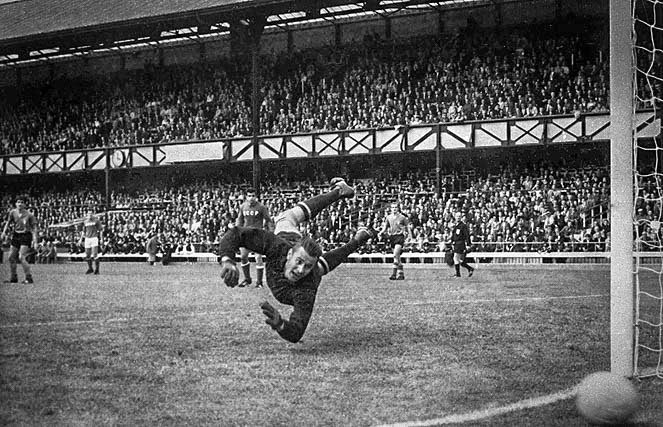
Nigel Farage has taken to pulling his passport out of his pocket and waving it round, like a referee who’s lost control of a shemozzle and has just decided to yellow card everyone in sight.
It’s sad, says Nigel, that his passport says “European Union” on the front, and sadder still that 503 million people are also entitled to passports with “European Union” on the front.
Nigel is ashamed of his passport. And that is sad.
Personally, I am one of about three million Irish people whose passport says “an tAontas Eorpach” on the front. There are quite a lot of us in the UK, occasionally interacting with the natives but generally keeping ourselves to ourselves. We do all sorts of jobs, from pouring your Guinness on St Patrick’s Day to playing for your mid-table football teams.
We are migrants from the EU, though technically we’re not EU migrants, as we have been part of a Common Travel Area that long predates both our countries’ membership of the European Union. So even if there is a vote for Brexit, you’re unlikely to be able to get rid of us.
So what do we do? I can’t speak for all barmen and benchwarmers, but personally, I can’t help looking at this with a sense of bafflement.
I want to understand, but it’s a long time since I’ve felt this foreign.
It may be that I have no inbuilt, ancestral nostalgia, no fond imagination of a time when Britain really was great. My eyes do not moisten with tears when I see that picture of Bobby Moore held aloft with the Jules Rimet trophy, as I’m sure they must for others. I’ve never seen The Dam Busters, though I’m sure it’s very good. That’s not, I think, to say I’m ignorant of British culture, rather that it is not ingrained: I can be unconsciously selective about what I engage in and what I don’t.
I feel similar alienation when progressive people assure me that having an unelected head of state is the only way to ensure separation of powers, in spite of the many countries that manage to elect their ceremonial presidents and somehow function as democracies (quiz question: who is the president of Germany?). It always seems to come down to a feeling that this is the right way of doing things.
That’s the great unquantifiable of nationalism: it is first and foremost an impulse. As such it cannot be entirely rationalised, but it can be manipulated.
This is something the left has struggled with for a long time: while exalting national struggles around the world, the British left has always seen nationalism as something to be contained rather than steered. In this, it can resemble the German hard-left anti-Deutsch group, which believes that any manifestation of the German nation will inevitably lead to fascism.
In the coming weeks, millions of Europeans will be able to indulge their nationalism during the European Championships. It’s an essentially harmless thing, though that may be easier for me to say, as a supporter of a team that has turned up in France more in hope than expectation, even with Roy Keane’s will to victory taken into account.
Will it mean anything for the Brexit referendum? Who knows. One could argue a good showing for England (and Wales, and Northern Ireland, to an extent) could lead to a happier population less likely to vote against the government remain line. Then again, could a rampant England (or Wales, or Northern Ireland), convince people that the UK is much better than the rest of Europe, and better off not tied to these other, failing, lesser states? Who knows. That’s the nature of impulses: they’re utterly unpredictable.